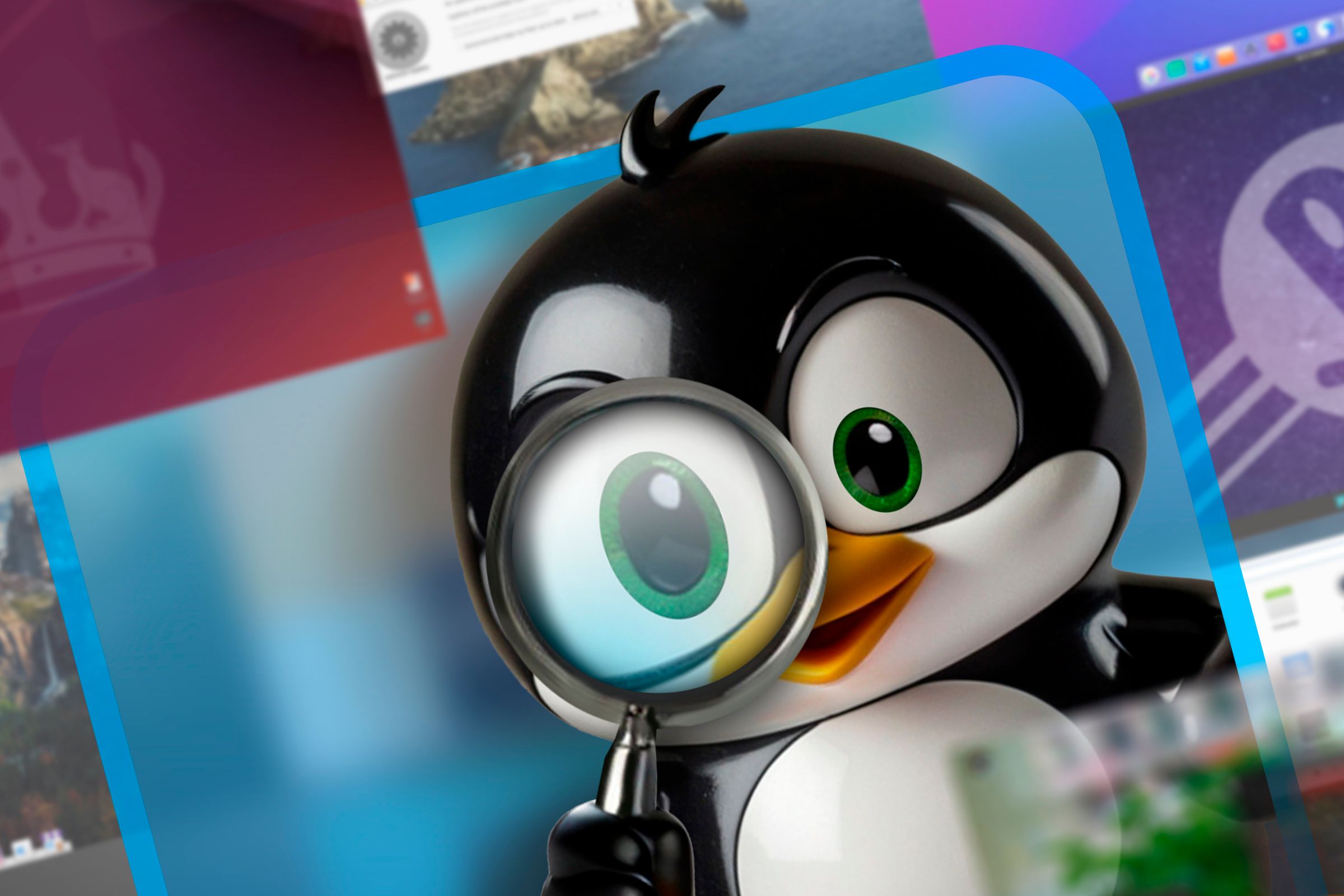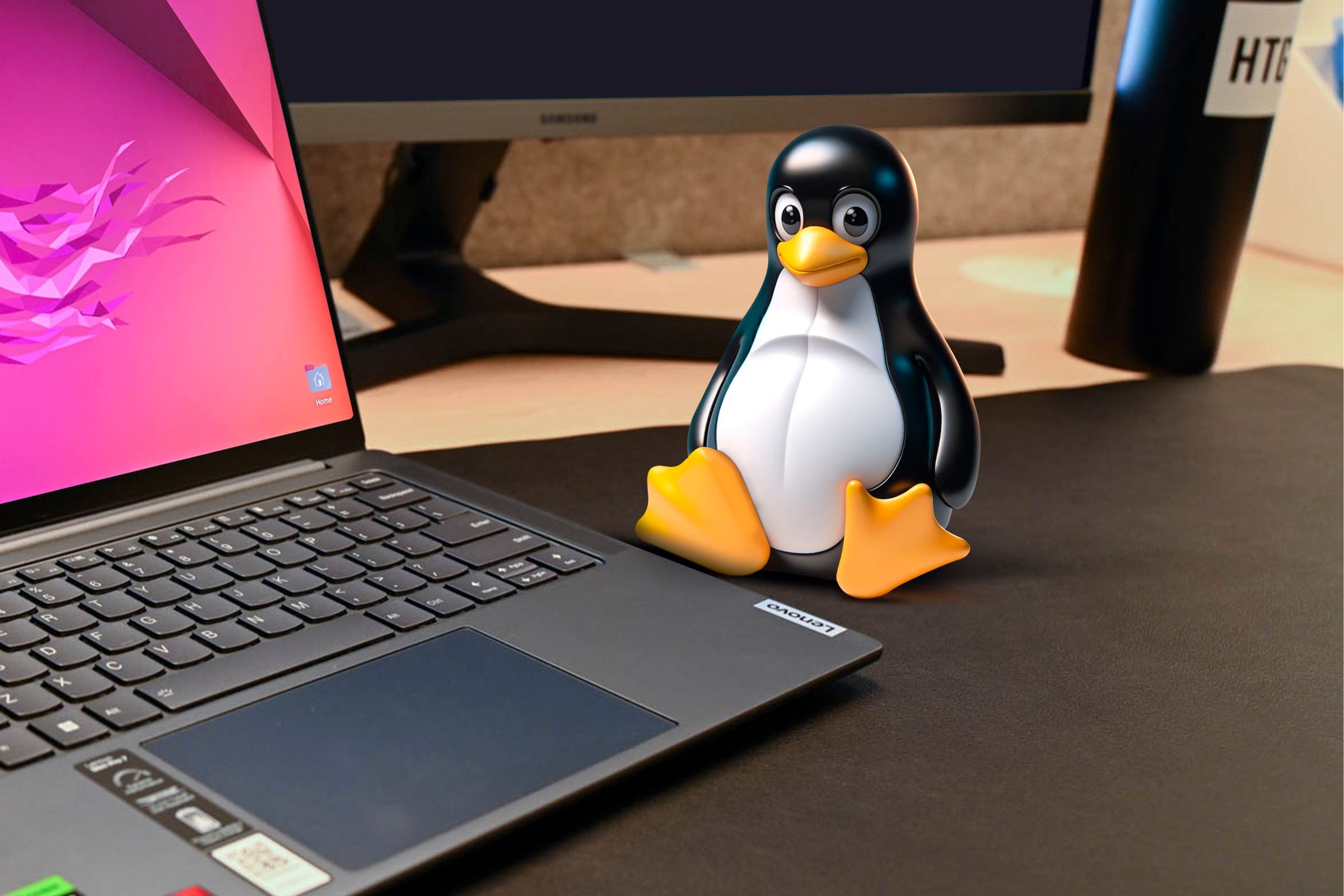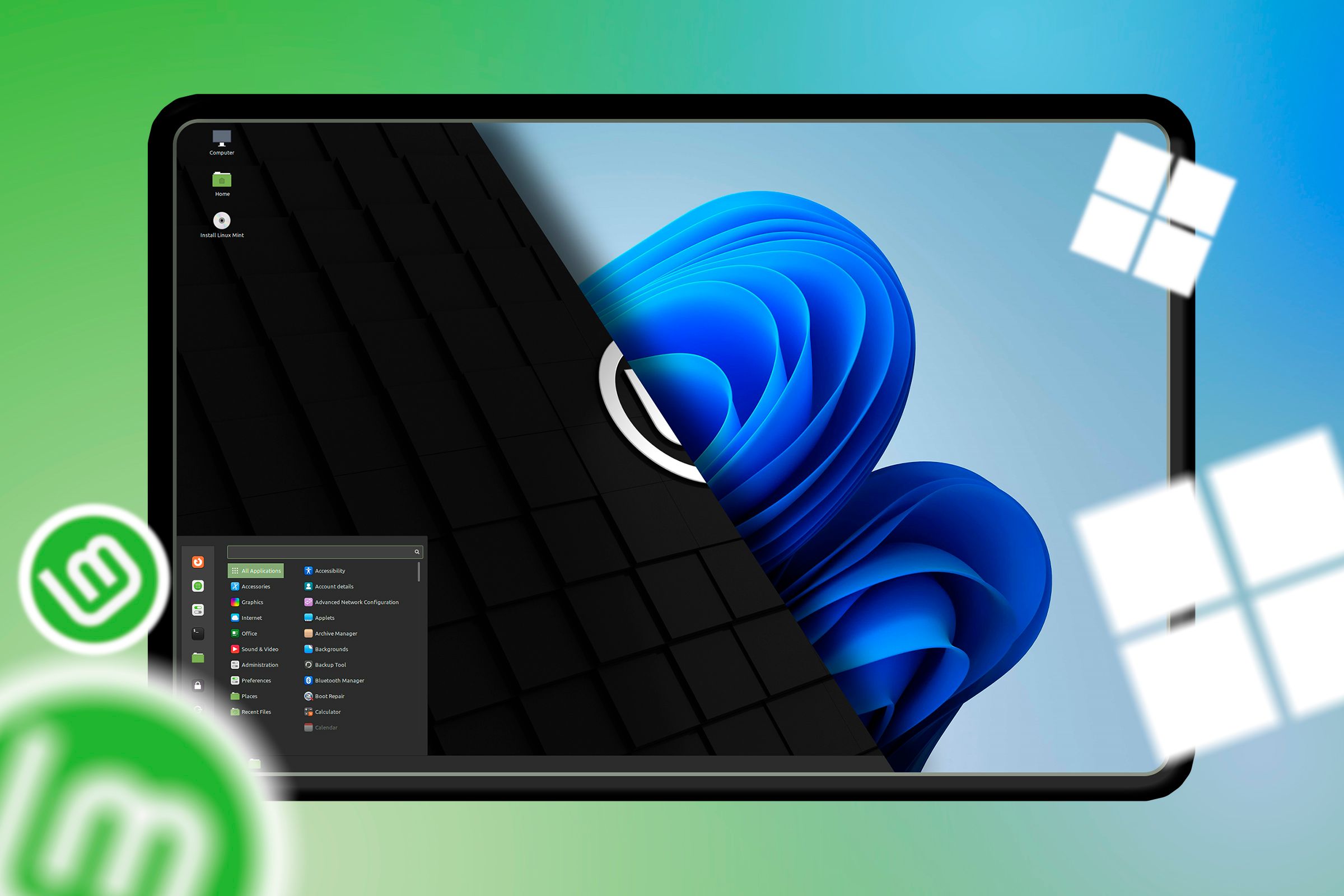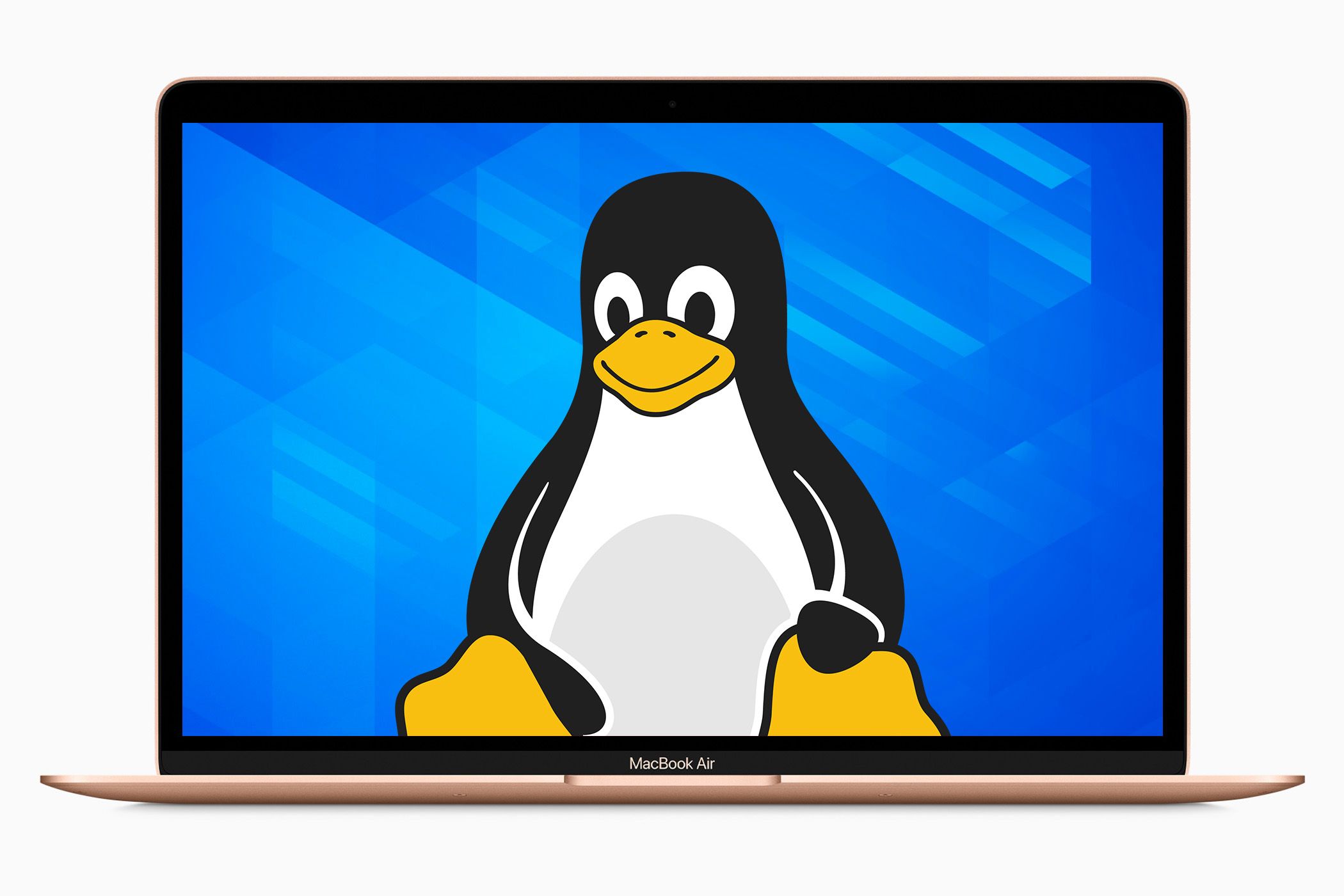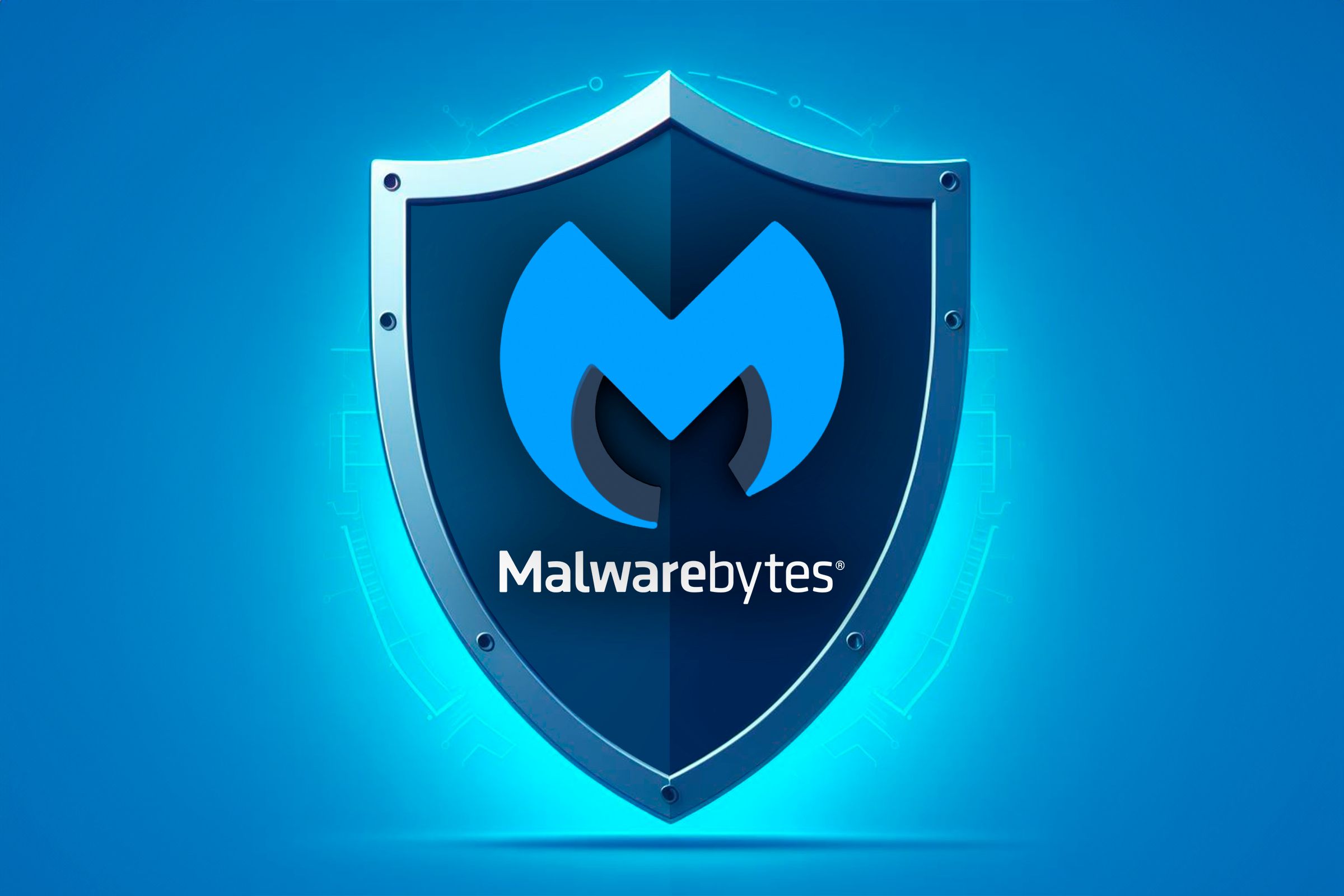Asahi Linux Gets a Reboot, Still Working On M3 & M4 Mac Support
Linux
Asahi Linux, the project bringing a native Linux desktop to Apple Silicon-based Mac computers, has hit some roadblocks with development and hardware support. The project’s founder is also retiring.
Mac computers with M1 and newer chipsets use a custom ARM-based Apple Silicon architecture, instead of the same Intel x86 processors found in most PCs, so they can’t run a typical desktop Linux distribution. The Asahi Linux project has done a lot of work over the past few years to change that, with many drivers and low-level components written from scratch, and it even surpasses native macOS in gaming and other areas.
However, the developers behind the Asahi Linux project have faced difficulties with merging (‘upstreaming’) their work into the mainstream Linux kernel. In a blog post, the team said, “Our downstream Linux tree contains over 1000 patches required for Apple Silicon that are not yet in upstream Linux. The upstream kernel moves fast, requiring us to constantly rebase our changes on top of upstream while battling merge conflicts and regressions.”
Some of these difficulties are organizational and political, rather than technical. There have been ongoing arguments about Linux kernel code using the Rust programming language, instead of the C language used in most existing code, and much of Asahi’s drivers were written in Rust for better performance and reliability. If the Linux kernel leadership doesn’t fully support Rust, it’s difficult for the Asahi project to upstream its work, which in turn makes supporting more Mac models difficult.
Importantly, none of this affects Linux virtual machines running on top of macOS, such as Ubuntu and Fedora VMs in Parallels, VMWare, UTM, and other VM applications. Those use the ARM virtualization framework developed by Apple, which doesn’t interact with low-level drivers in the same way as Asahi’s native Linux implementation.
Hector Martin, the founder of the Asahi Linux project, explained on his personal blog that “being in a position to have to upstream code across practically every Linux subsystem, touching drivers of all categories as well as some common code, is an incredibly frustrating experience.” As a result of those issues and other problems, Martin has left the Asahi Linux project and has been replaced by a seven-person team under a new organizational structure.
More progress on Macs with M3 and M4 chipsets is also (mostly) on hold, with the blog post explaining, “Until upstreaming and CI progress, the core team cannot prioritize new hardware. Nevertheless, some community members are busy reverse-engineering to prepare for when the foundations are solid.” However, DisplayPort alt mode, Vulkan improvements, and internal microphone support are in the works for M1 and M2 devices.
Hopefully, the Asahi Linux team can successfully reorganize and create an even better desktop Linux experience on modern Mac computers. In the meantime, a typical PC or Intel-based Mac will give you a more reliable and supported native Linux experience than an M1 or later Mac.
Source: Asahi Linux









